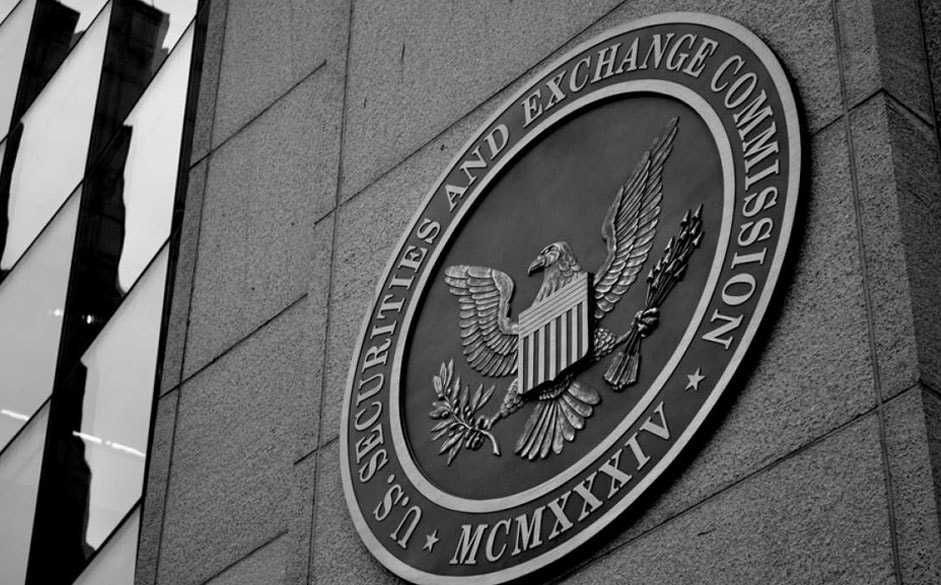Fintech Startup Craves More Regulation
By RACHEL WITKOWSKI and TELIS DEMOS for WSJ
Some financial-technology upstarts are concluding it is better to be regulated than not.
Take Circle Internet Financial Ltd., a digital-payments company. Concluding that licensing would make it easier to do business, its executives last year sought a charter from a federal banking regulator, people familiar with the matter said. A charter would subject Circle to more scrutiny but make it easier to do business nationally.
Officials at the Office of the Comptroller of the Currency, the national-bank regulator, told the Boston startup they would weigh its request, these people said, also signaling a fresh openness toward financial-technology firms on the regulators’ side.
The prospect of obtaining a federal banking license “is appealing, both because of our long-term strategy but also because it takes a lot of the cost and complexity of working with many third parties out of the equation,” said Circle Chief Executive Jeremy Allaire, who declined to comment on specific government discussions.
“We need to be open to discussing it and working through it,” said Comptroller of the Currency Thomas Curry, referring generally to bank charters for fintech companies. “And I think that’s the sea change in attitude here at the OCC.”
An OCC spokesman declined to comment on Circle specifically and said several firms have inquired about the possibilities of a fintech charter.
Nonbank fintech companies often fall outside the current boundaries of federal oversight, and many see that as an opportunity to nimbly do business that traditional banks don’t pursue.
Circle, founded in 2013, is among the most-well-funded digital-currency startups of recent years, having raised more than $76 million from investors, including Goldman Sachs Group Inc. Circle aims to use the internet-based networks used to swap bitcoin and other digital currencies to enable users to transfer any currency.
As it has grown, Circle has been aggressively pursuing licenses to transact in digital currencies, receiving the first such clearance by New York state last year and earlier this year receiving permission to do so in the U.K. But Circle doesn’t have a federal bank charter, instead teaming up with banks, including Barclays PLC, to provide accounts for its mobile app, which allows users to send U.S. dollars, British pounds and bitcoin to one another.
Circle’s Mr. Allaire said the company plans to pursue digital financial services beyond payments in the future, such as lending or investing advice. “We think the fintech industry could benefit from different forms of national charters for online banking activities,” he said, noting that Europe and China already have national or cross-border licenses for nondepository electronic money-transfer services.
Absent some kind of federal charter, some fintech companies that want to make sure they don’t run afoul of rules go through the process of getting licensed by each state to perform services like making loans or transmitting money. An OCC charter would offer federal pre-emption from some state-by-state requirements.
A charter also would bring closer regulatory scrutiny of a fintech firm’s business plan, as well as requirements to comply with certain federal banking laws, like the Community Reinvestment Act, which says, among other things, institutions must serve low- and moderate-income neighborhoods in their region.
A full-service bank charter—they come in different levels—would allow fintech firms to collect government-insured deposits, assuming they also get approval from the Federal Deposit Insurance Corp. That ability might have particular appeal for marketplace lenders, which match borrowers with loan buyers, that are seeking cheaper funding sources than their current benefactors such as hedge funds.
“A fintech charter would help solve the trouble that innovators have had in partnering with banks,” said Jo Ann Barefoot, a former deputy comptroller and now a senior fellow at Harvard University’s John F. Kennedy School of Government.
But a full-scale bank charter would also invite more detailed federal scrutiny of business models, board structures and capital levels.
“A fintech firm has to look at this as, ‘what do I do, and what do I want to do, and does that fit into the bank box,’” Mr. Curry said. “Do the benefits of being a bank outweigh any downsides in terms of achieving my business plan?”
Some of those burdens could be avoided if a fintech firm sought a “limited-purpose” charter from the OCC.
The OCC offers few limited-purpose charters, mostly for trust companies or credit-card issuers; it has issued just eight in the past decade, But Mr. Curry suggested the agency could look for ways to create more such charters for fintech firms.
First appeared at WSJ





